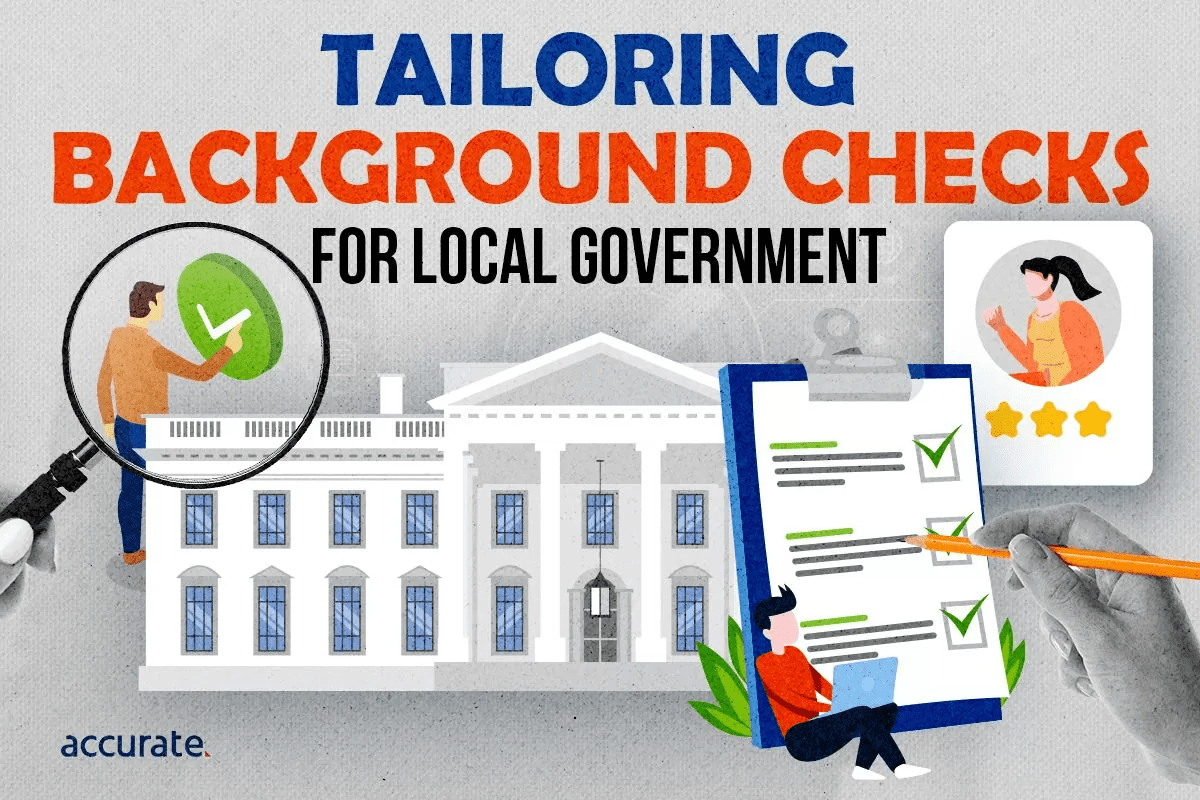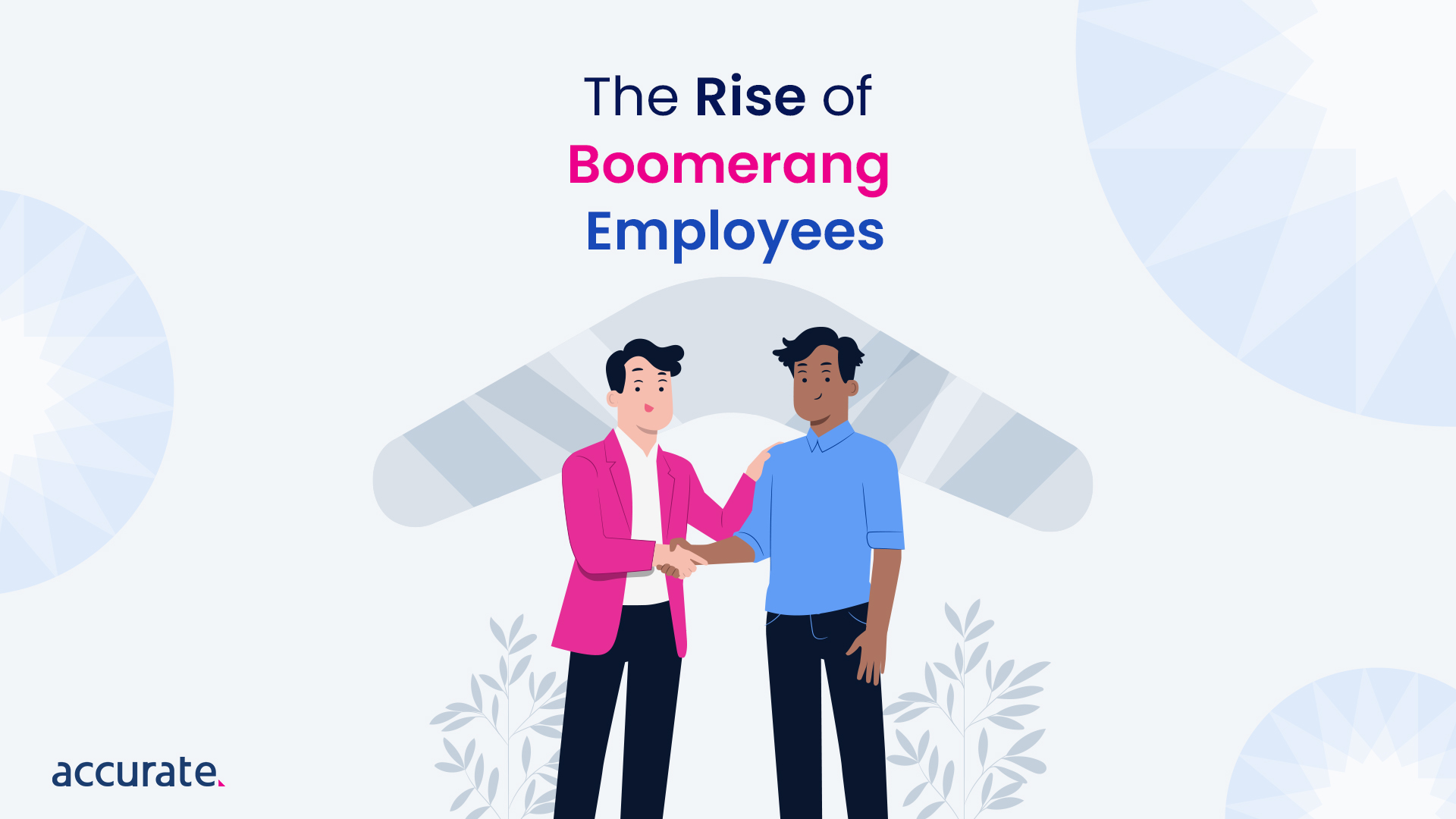Public trust is the bedrock of local government. As such, the integrity of local government employees is paramount. These individuals are on the front lines of public services, and their actions directly impact the lives of ratepayers. .
Therefore, these individuals must be thoroughly vetted to ensure they are reliable, honest, and trustworthy.
To ensure the veracity of these checks, tailoring them to suit specific job requirements and legal standards is essential.
Here’s what you need to know.
Why Background Checks are Important for Local Government Positions
Background checks are imperative for local government roles because they help to maintain public safety and trust. Thorough vetting contributes to public safety by ensuring that individuals who have a history of harmful or unlawful behaviour do not get into positions where they can cause harm.
Trust, on the other hand, is built when the public knows that their local government employees have been properly screened and are qualified to perform their duties.
Background checks also mitigate the risks associated with various positions. Given the diverse roles within local government, each role carries its own unique risks and obligations. Therefore, a tailored background check can ensure that the individual is suited for the specific responsibilities and challenges of their role.
Background checks are also particularly important for positions dealing with vulnerable groups such as the elderly, children, and people with disabilities. These individuals may be at greater risk of exploitation or abuse, making it especially important that those in positions of trust and authority over them are thoroughly vetted.
Pro tip: The Workforce Screening Standard AS 4811:2022 provides guidance on conducting background checks for various roles. Information on this standard and the legal considerations of background checks can be found in these articles: Workforce Screening Standard AS 4811:2022 and Legal Considerations for Background Checks.
Types of Positions in Local Government and Associated Risks
Local government positions are diverse, ranging from administrative roles to public safety and community service positions. Each role carries its own set of responsibilities and risks, necessitating tailored background checks to ensure the integrity and safety of the services provided.
Below are examples of local government roles with specific screening considerations:
| Position | Risk Profile | Screening Considerations |
| Administrative and Clerical Positions | Low to moderate. Potential risks include access to personal data and financial misconduct. | Verification of identity and legal work status. National Police Check to identify any history of fraud or theft. Reference checks to confirm past employment performance and reliability. |
| Public Works and Maintenance Staff | Moderate. Risks include on-site safety and the operation of heavy machinery. | National Police Check for any criminal history that may impact job performance. Verification of licences for operating machinery or vehicles. Drug and alcohol screening to ensure workplace safety. |
| Environmental Health Officers | Moderate. Involvement with public health and environmental safety. | National Police Check for any infractions that may impact professional conduct. Verification of scientific and health-related qualifications. Assessment of previous experience in health and safety roles. |
| Planning and Development Officers | Moderate to high. Involves decision-making that can affect community development and land use. | Financial background checks to detect any potential for conflicts of interest or corruption. Professional qualification verification to ensure the right expertise is applied to critical development projects. National Police Check to uncover any legal issues that could undermine public trust. |
| Community Service Providers (e.g., Social Workers, Youth Workers) | High. These roles often involve working with vulnerable populations. | Working with Children Check and other relevant checks to safeguard against potential abuse or exploitation. In-depth reference checks with previous employers in similar roles. Regular re-screening to ensure ongoing suitability for the role. |
| Elected Officials (e.g., Councillors) | High. Public trust and policy-making roles. | In-depth background checks, including financial status, are necessary to prevent corruption and ensure transparency. Scrutiny of past public statements and social media for potential reputational risks. Ongoing monitoring due to the public and influential nature of the position. |
The National Police Check and Local Government Employment
The National Police Check is a key component of the background check process for local government hiring. It provides a comprehensive report of an individual’s criminal history, helping employers make informed decisions about a candidate’s suitability for a particular role.
When a candidate has a criminal history, you must consider the nature of the offences, the time that has passed since the offences were committed, and whether the violations are relevant to the job requirements.
Pro tip: A candidate’s police check may return with a spent conviction, which is a criminal offence that is removed from an individual’s criminal record after a certain period of time, provided the individual has not reoffended.
Verifying Educational and Professional Qualifications
Unfortunately, it’s not uncommon for candidates to exaggerate or falsify their educational achievements, so you must ensure that a candidate’s qualifications are legitimate.
Professional licences and memberships are also important to verify. These can assure a candidate’s professional competence and adherence to industry standards. They can also signal a candidate’s commitment to ongoing professional development and ethical practice.
Reference Checks: Best Practices for Local Councils
Employment references can provide valuable insights into a candidate’s strengths, weaknesses, and work habits that might not be evident from their resume or interview.
Pro tip: If a negative reference is received, refrain from rejecting the candidate outright. Instead, discuss the feedback with the candidate and allow them to explain. Sometimes, a negative reference may result from a misunderstanding or a one-off situation that is not indicative of the candidate’s overall performance or character.
Key Takeaways
- Background checks for local government employees are crucial to maintaining public trust and ensuring integrity, as these individuals directly impact citizens’ lives. Checks should be tailored to specific job requirements and risks.
- Thorough vetting contributes to public safety by screening out individuals with concerning histories. It also builds trust that employees are suitably qualified and screened.
- The diverse roles in local government carry varying levels of risks – from fraud to conflicts of interest to potential exploitation. Position-specific checks should mitigate associated risks.
- Checks like police checks, qualification verification, reference checks, and re-screening assure suitability. Concepts like spent convictions need consideration.
- Standards like AS 4811:2022 give guidance on appropriate screening methods for different roles. Legal considerations around checks also need examination.
For local government organisations looking to refine their employment screening processes, Accurate Background – Australia offers tailored solutions that meet the unique needs of public sector employment.
Contact us to discuss how we can assist you in securing your workforce with comprehensive and compliant background checks.



